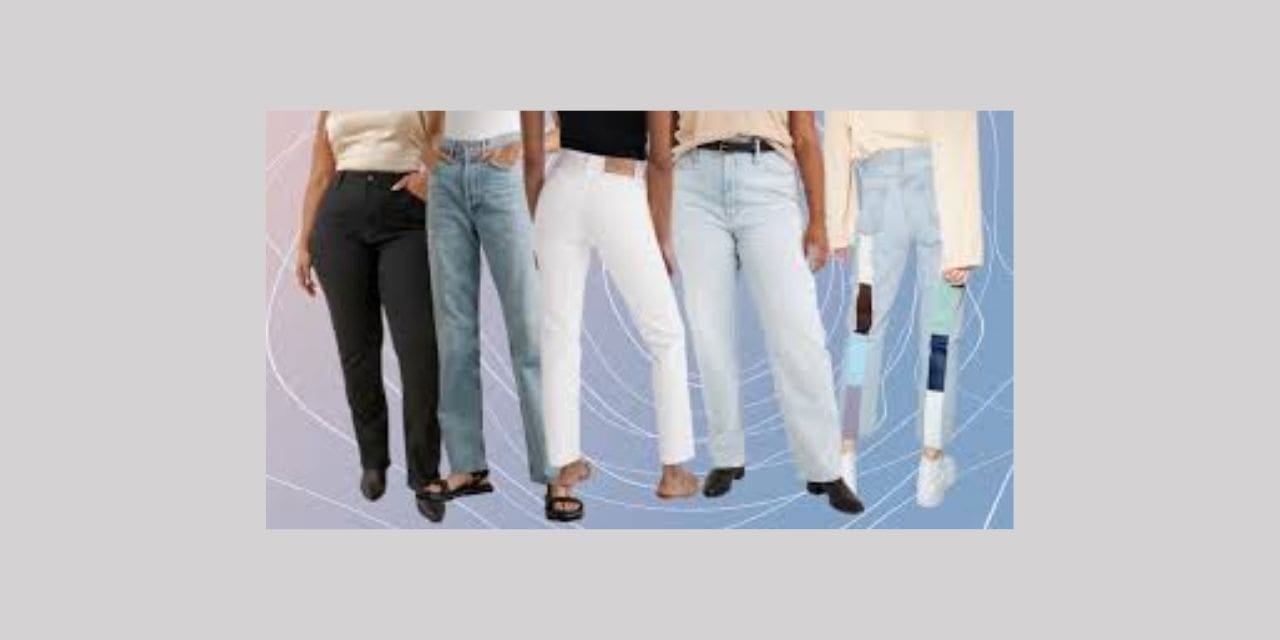Fabric mill Black Peony HK LTD and brands Bershka, Lefties, Massimo Dutti, Pull and Bear, Rotunda, Stradivarius, and Zara are among the new participants, as is Ralph Lauren, who is a Foundation Partner. With this latest milestone, the project now spans 27 nations covering five continents: Africa, Asia, Europe, North America, and South America.
As these companies embark on their Jeans Redesign journey, they will utilize the project as a jumping-off point and a space to test and illustrate how all items can be designed to be used more, created to be made again, and made from safe, recycled, or renewable inputs. At the conclusion of the year, all participants will be asked to report honestly on their progress in fulfilling their pledge to create jeans in accordance with the criteria.
Transitioning to a circular economy is critical for the fashion industry to address its wasteful and polluting practices, but fundamentally changing the fashion system is both a problem and an opportunity. It means not only designing the products of the future, but also the processes, services, supply networks, and business models that will enable them to be delivered.
The Jeans Redesign, launched by Foundation’s Fashion project in 2019, serves as a platform for companies throughout the sector to begin designing with circular economy ideas, as well as to collaborate and learn from one another. The guidelines, developed with industry cooperation, establish a minimum standard for circular denim and jeans, including information on recycled content, safe chemistry, material sourcing, and recyclability.
The project’s first status report, “The Jeans Redesign: Insights from the First Two Years,” was released last year alongside updated guidelines to propel the industry ahead. Insights revealed that the experiment established that circular jeans can be made today and provided a clear view of the present landscape of solutions, challenges, and innovation gaps. Businesses may now use these insights to take action, aided by policy initiatives aimed at scaling a circular economy for fashion. For example, Coats, a member of the Foundation’s network, is working on the project as an innovation specialist on threads that enable recyclability.
As the journey of The Jeans Redesign continues and the ambition level rises, the Foundation looks forward to collaborating, driving change, and putting the idea of a circular economy for fashion into action with new and existing players.

